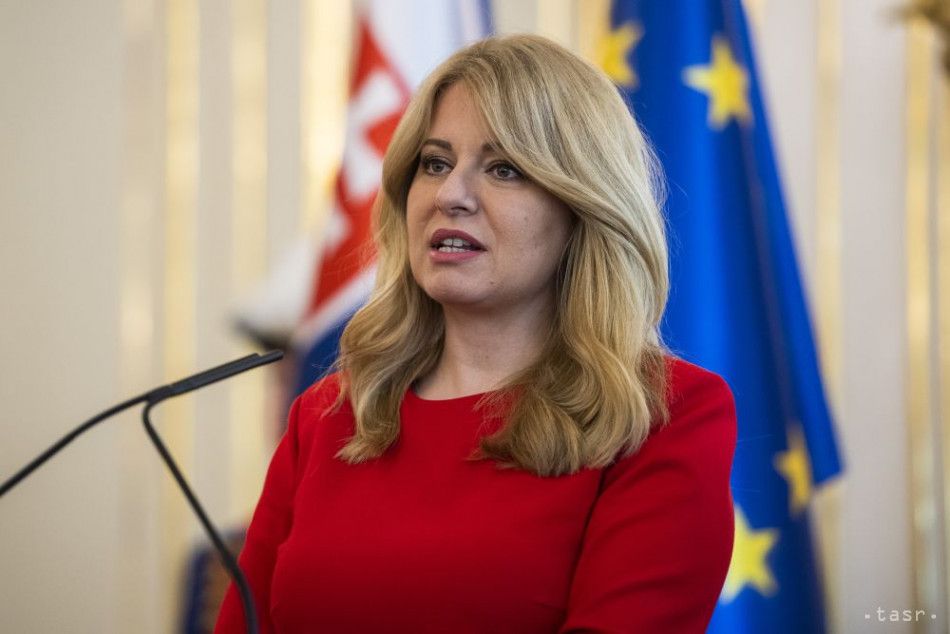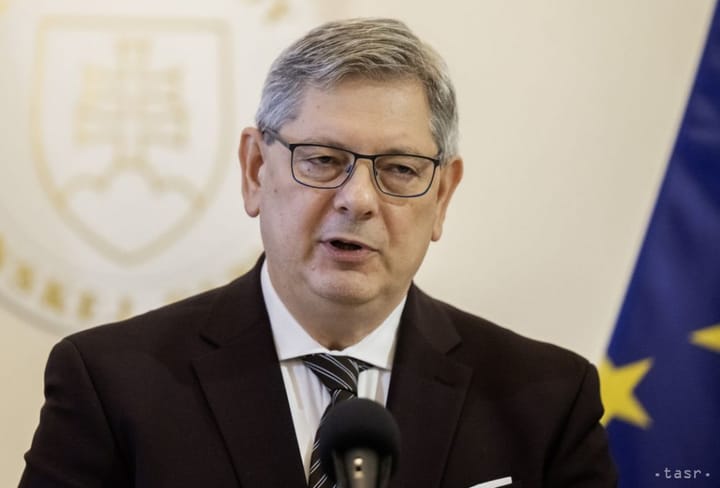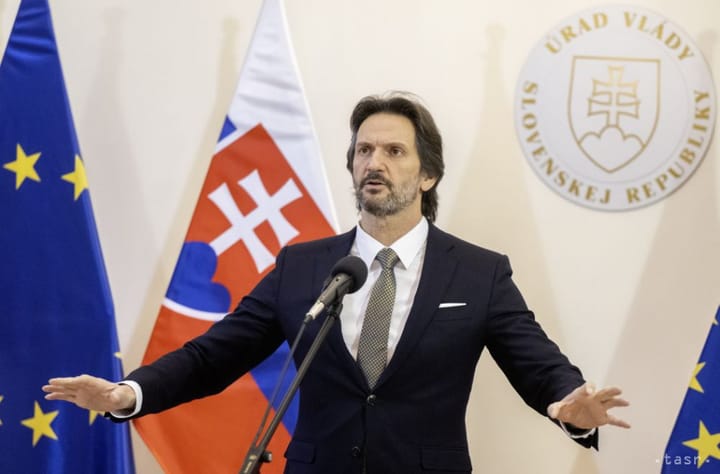Caputova after Three Years in Office: I Want to Be More the Voice of the Unheard

Bratislava, June 15 (TASR) – In her further activities at her post, President Zuzana Caputova wants to be more the voice of those who are unheard, TASR learnt from her post on a social network on Wednesday, the day of the third anniversary of her inauguration.
“Politics teaches me that I’ll be drawn into the conflict regardless of my efforts to avoid it. I’ll therefore continue in a calm and matter-of-fact tone, but with clear and direct messages whenever necessary,” she stated, declaring an effort to pursue a values policy.
Caputova called the current period of crisis a unique test of values, patience, but also of determination and correct steps. According to her, the most difficult thing for her at this time is to combine the two ambitions to which she committed herself at the inauguration. “To be the voice of those who are unheard, and therefore to speak when I see that things are not going in the right direction. At the same time not to contribute to further conflicts in politics and divisions in society. I myself know that I haven’t always been successful in these efforts for balance,” she assessed, adding that she sees her role more in fulfilling the first of the promises for further action.
The president is spending the third anniversary of her inauguration recovering from COVID-19, that is with “a rare distance from the carousel of activities” of which she is normally a part. “It’s been three years where I feel I’ve experienced at least twice as much time and events. During those three years, three governments have changed. We’ve survived the biggest health crisis in 100 years, price hikes, poverty. They’ve been difficult years for everyone,” she pointed out, thanking the people for their trust.
Meanwhile, political scientist Darina Malova of Comenius University in Bratislava told TASR that President Zuzana Caputova could become more involved and formulate her political priorities via speeches before a specific problem is exacerbated by political rivals in Parliament. “It’s mainly about the timing of her statements; not only to react, but to set the tone for public discourse. She could be bolder and more decisive here,” said Malova. “If she wants to increase her influence on society’s value orientations, she probably needs to wait less and get more involved,” she stated.
According to Malova, the head of state could act, for example, as she did with the so-called pro-family package, pointing out that it was the president who demanded timely and targeted help from the Government. She admits that such appearances can also lead to attacks from some politicians, but at the same time they make it possible to influence public opinion in a better way.
Overall, according to Malova, the president remains true to her values and the political priorities communicated in her election campaign. “She tries to act consensually, she usually justifies her decisions precisely and supports factual and legal arguments. She’s one of the few political leaders who try to unite a divided society and moderate conflicts,” she said.
The political scientist added that because of her efforts at reconciliation, Caputova is often the target of indiscriminate attacks from almost the entire political spectrum.



